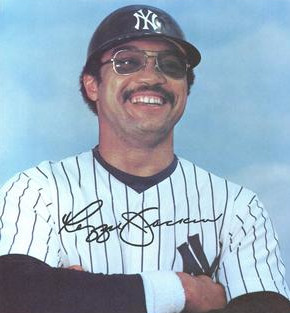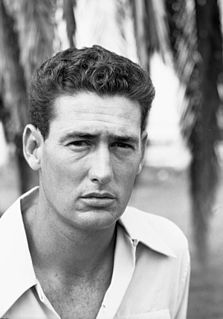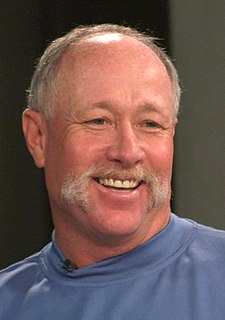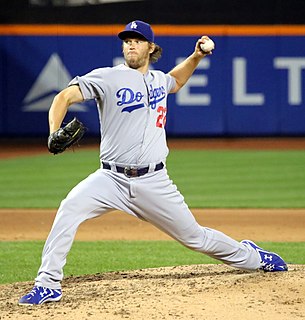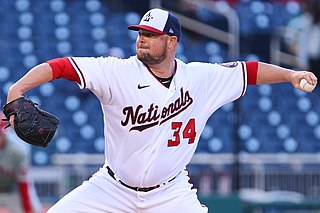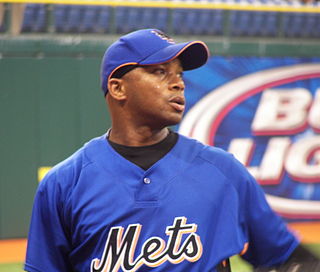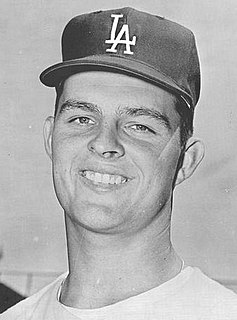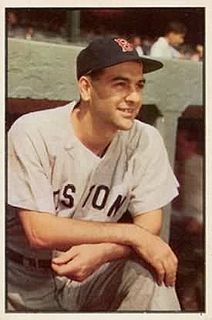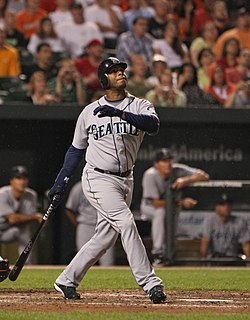A Quote by Reggie Jackson
When you hit a player in the head, you're more apt to get some fisticuffs or, you know, bring both teams out on the field, but it was more accepted that - in the '50s, '60s and '70s. I think nowadays it's a little over-policed because I will always believe that knocking a hitter down, even hitting a hitter at, sometimes, is part of baseball.
Related Quotes
Some coaches believed they could judge a player's performance simply by watching it. In this they were deeply mistaken. The naked eye was an inadequate tool for learning what you needed to know to evaluate baseball players and baseball games. Think about it. One absolutely cannot tell, by watching, the difference between a .300 hitter and a .275 hitter. The difference is one hit every two weeks. The difference between a good hitter and an average hitter is simply not visible-it is a matter of record
Hitting in a game is no different than hitting in a home run contest. It pisses me off to say Barry Bonds is the greatest hitter. He's playing in a wussy era. The game is soft. You never get thrown at today. Last thing a hitter has to worry about today is getting hit. The first thing Hank Aaron had to worry about is: Am I going to survive this at-bat because I'm black.
The 60s were a continuation of the 50s much more than people realized. Certainly in some countries, like Britain, there was still a culture of deference, whereas in the 70s we really are in a time of angry transition. The generation that came into young adulthood in the 70s couldn't find jobs; that wasn't true in my generation. They entered a time when two depressing things hit them both at the same time.
When the ball is over the middle of the plate, the batter is hitting it with the sweet part of the bat. When it's inside, he's hitting it with the part of the bat from the handle to the trademark. When it's outside, he's hitting it with the end of the bat. You've got to keep the ball away from the sweet part of the bat. To do that, the pitcher has to move the hitter off the plate.
